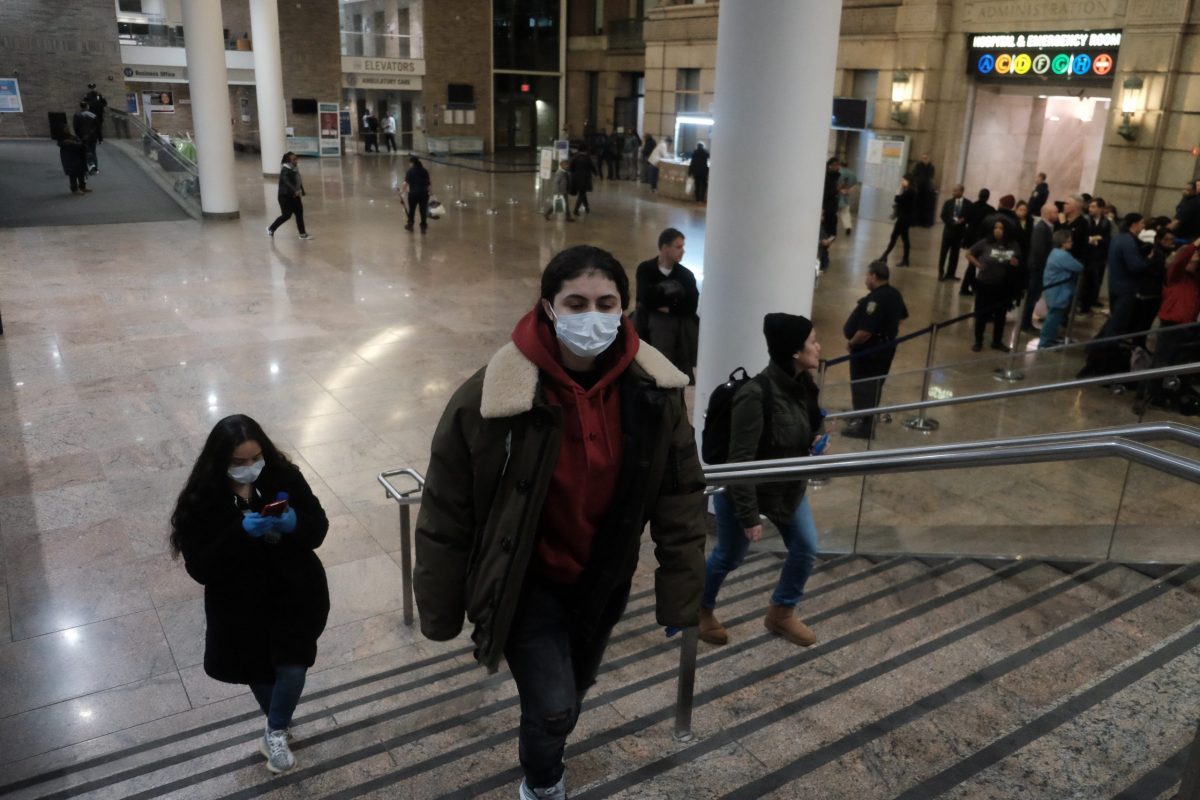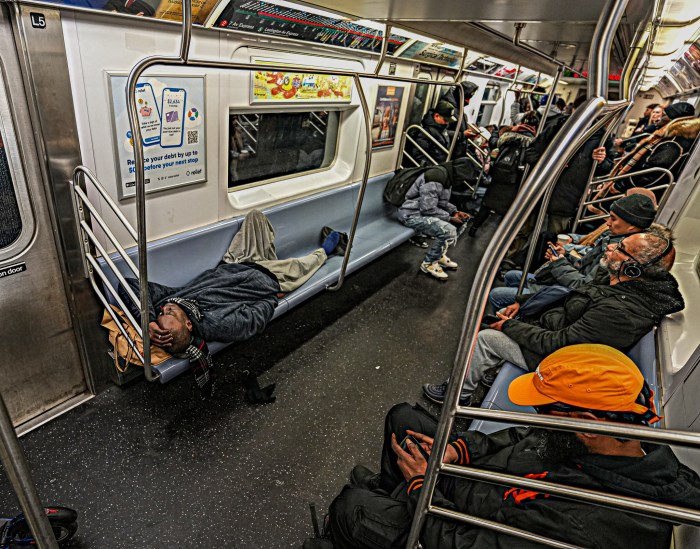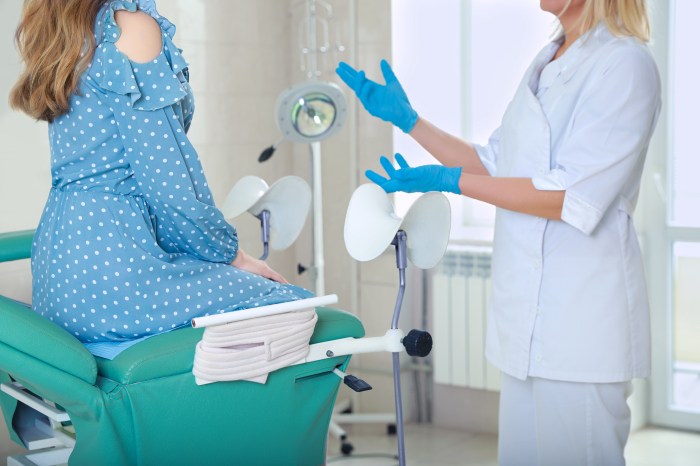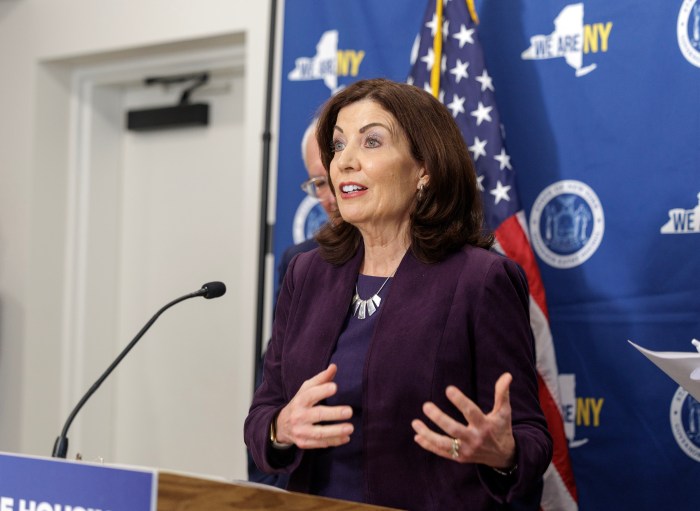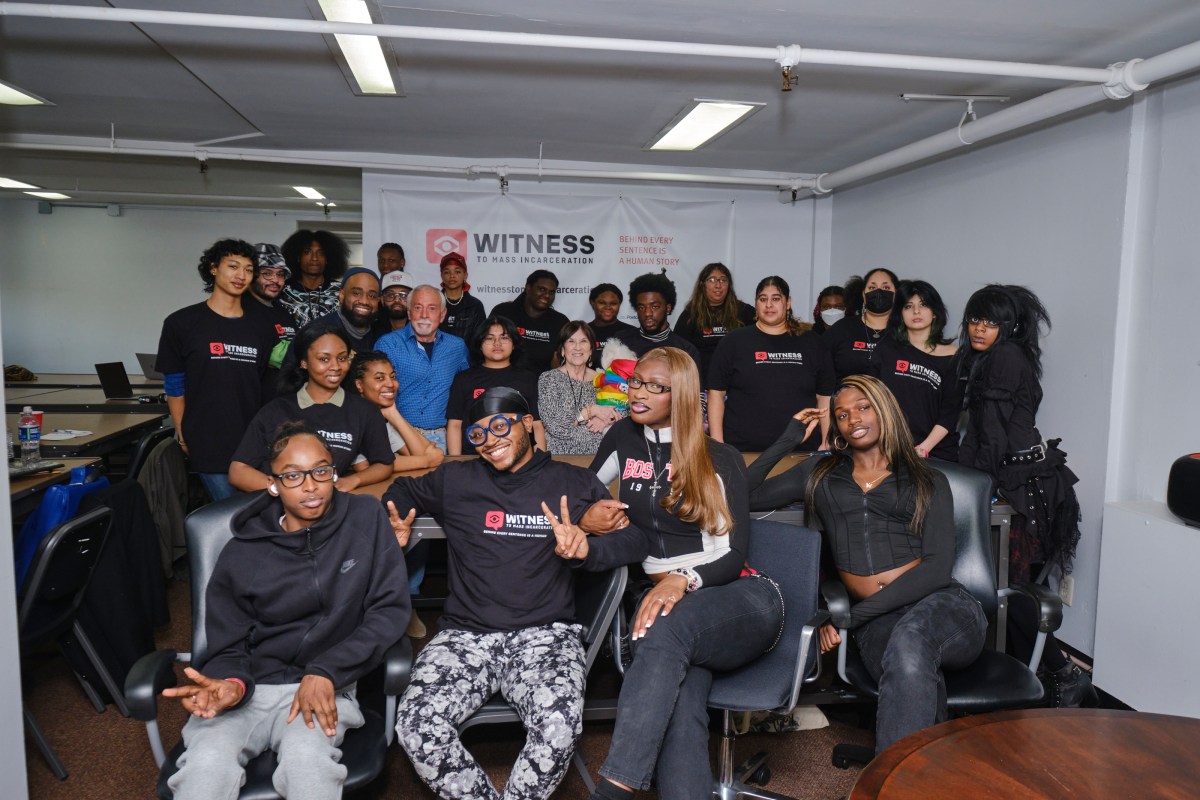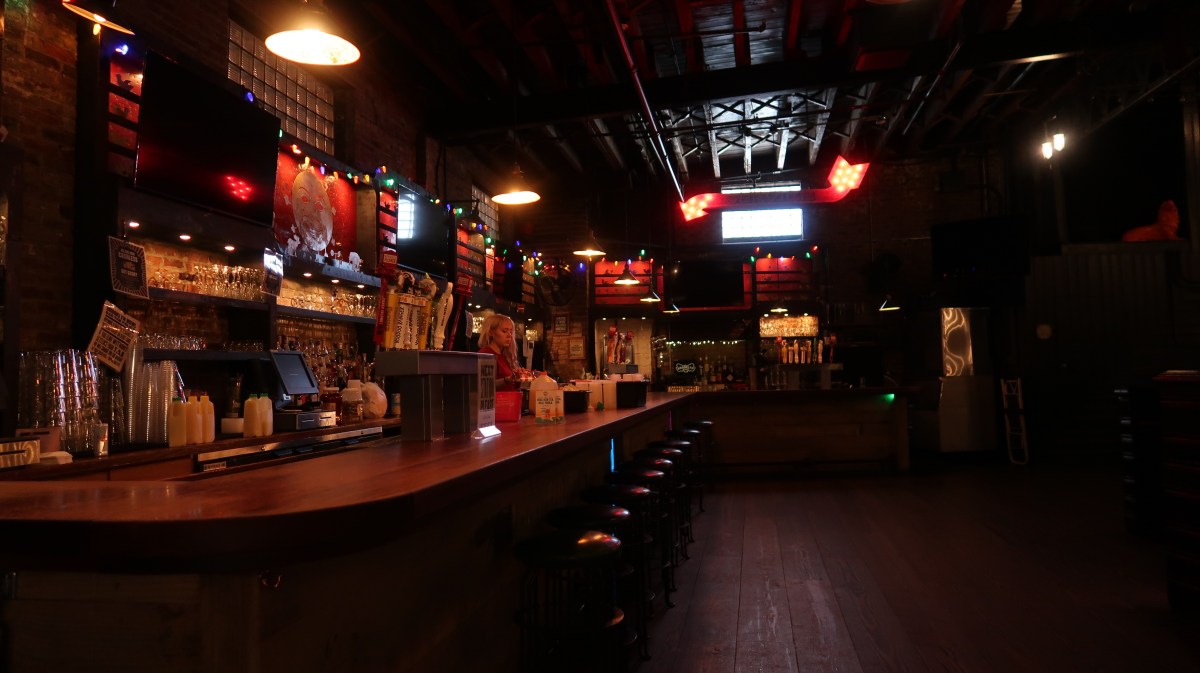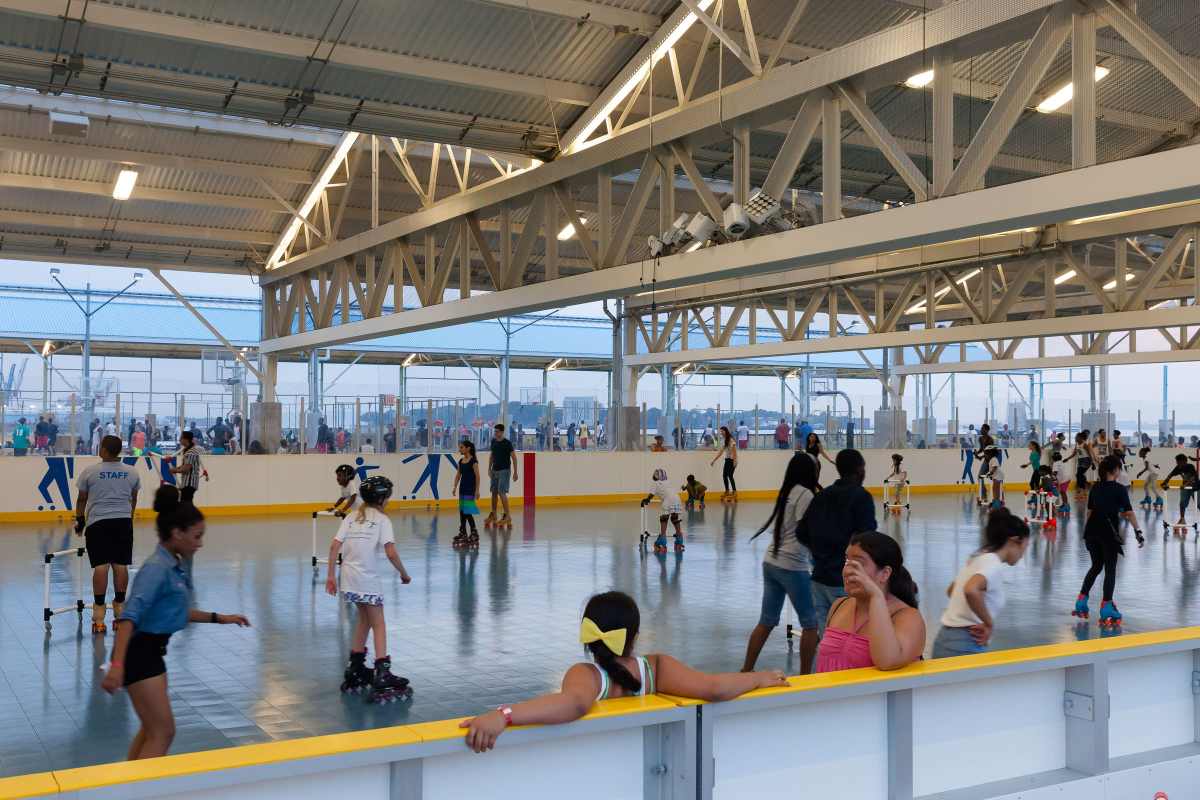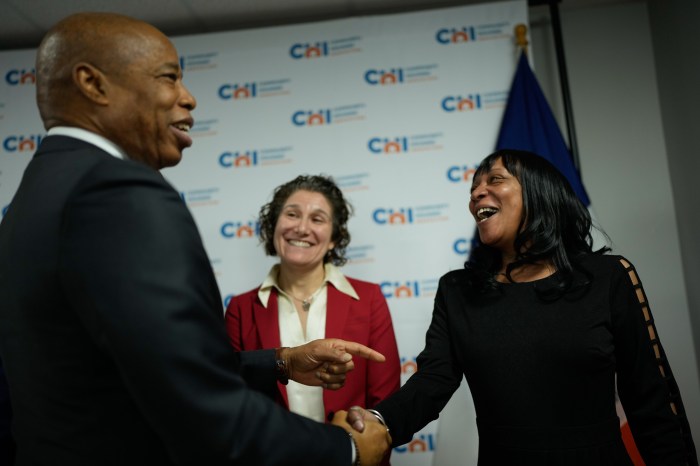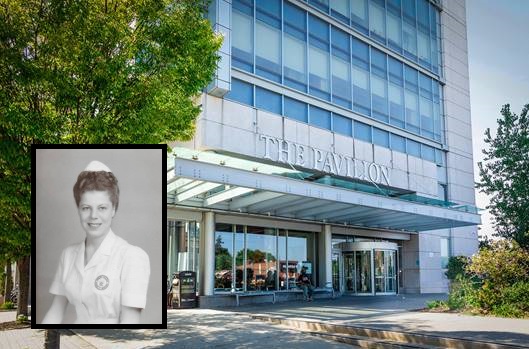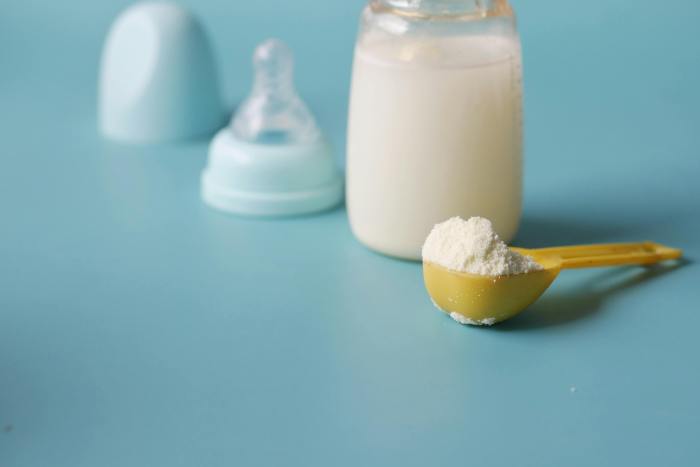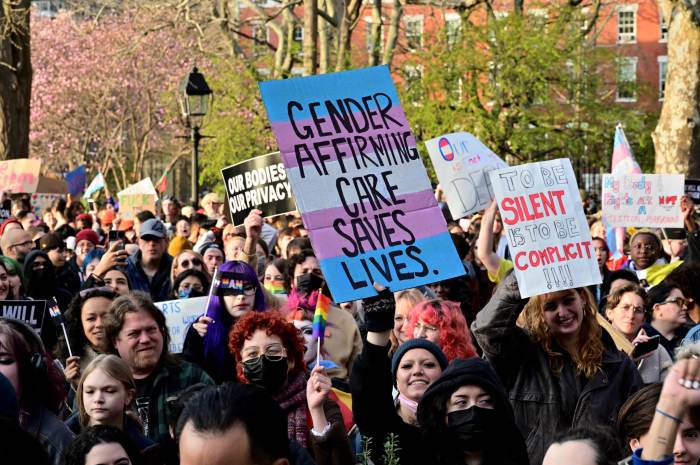The city and state will soon have a federally-approved coronavirus test of their own, Governor Andrew Cuomo announced Saturday.
Over the last week, Cuomo and Mayor Bill de Blasio have sought local testing to determine whether patients have contracted the illness as it spreads rapidly around the globe. The governor spoke with Vice President Mike Pence, whom President Donald Trump appointed as coronavirus czar, and urged him to make more localized tests available.
“You want to be able to test people, you want to be able to get results quickly, and you want to be able to handle the volume of tests that we may be faced with,” Cuomo said.
The city and state got their wish on Feb. 29 when the Federal Drug Administration approved a state-developed coronavirus test that will be used for patients suspected of contracting the illness.
A state official with knowledge of the situation told amNew York Metro that the FDA application for the coronavirus test was a “two-site application” for the State Wadsworth Lab in Albany and the New York City Public Lab at Bellevue Hospital Center.
The state already completed validation for the Wadsworth lab and can start testing immediately. The city Health Department can begin coronavirus testing as soon as it receives its validation from the FDA, the state official added.
So far, seven people in New York exhibiting coronavirus symptoms — the most recent occurring this week — all tested negative for the illness.
Mayor de Blasio said this patient had traveled to Italy recently, where a coronavirus outbreak occurred, and began exhibiting symptoms such as fever, cough and/or shortness of breath.
“We’ll have the result hopefully in the next 24 hours, could be a little longer, but we’ll make that public at the time,” de Blasio said Saturday in an interview with WINS radio.
Earlier in February, the city Health Department investigated seven suspected coronavirus cases, but each of them tested negative. But over the past two weeks, coronavirus has spread to dozens of nations around the world, sparking fears of a possible pandemic.
On Wednesday, health officials reported the first coronavirus case in the U.S. of unknown origin in California, an indicating that the illness had spread through community transmission. There are four coronavirus cases of unknown origin in the U.S. in California, Oregon, Washington State and Texas as of Saturday morning, according to The Hill.
De Blasio has pushed the Centers for Disease Control to allow for localized testing, and he repeated Friday his frustration with the federal government for not allowing local administrations to more quickly respond to suspected coronavirus cases.
Cuomo said the localized, state-developed test “will expedite wait time and improve New York’s ability to more effectively manage the Coronavirus situation as it unfolds.”
De Blasio and City Health Commissioner Dr. Oxiris Barbot agreed.
“We are pleased to learn our advocacy efforts on behalf of New Yorkers have paid off and that we will soon be able to test for COVID-19 here in New York City,” Barbot said. “Having tests available will significantly reduce the amount of time we have to wait to know whether someone has the virus that causes COVID-19. This is a big step and one that was possible through our strong partnership with the State Health Laboratory.”
Trump said at a Saturday press conference that 22 people in the United States have come down with coronavirus. Washington State reported one death from the illness.
Pence announced that the State Department has issued a full travel ban against Iran, where an outbreak has occurred. The State Department — at the president’s order — also issued a high-level travel advisory to Americans urging them not to travel to specific areas of Italy and South Korea most affected by the illness.
Dr. Anthony Fauci, director of the National Institute of Health, stressed that “the country as a whole … still remains at low risk,” but cautioned that “this is an evolving situation.”
Coronavirus symptoms closely resemble those of influenza — including fever, cough, headache, sore throat and shortness of breath. If you or a loved one exhibit any of these symptoms, seek medical attention immediately.
The best way to prevent possible infection, according to the New York City Health Department, is to wash your hands often with soap and water for at least 20 seconds; avoid touching your face with unwashed hands; and avoid close contact with people who are sick.
This story was updated at 6:45 p.m. on Feb. 29.



